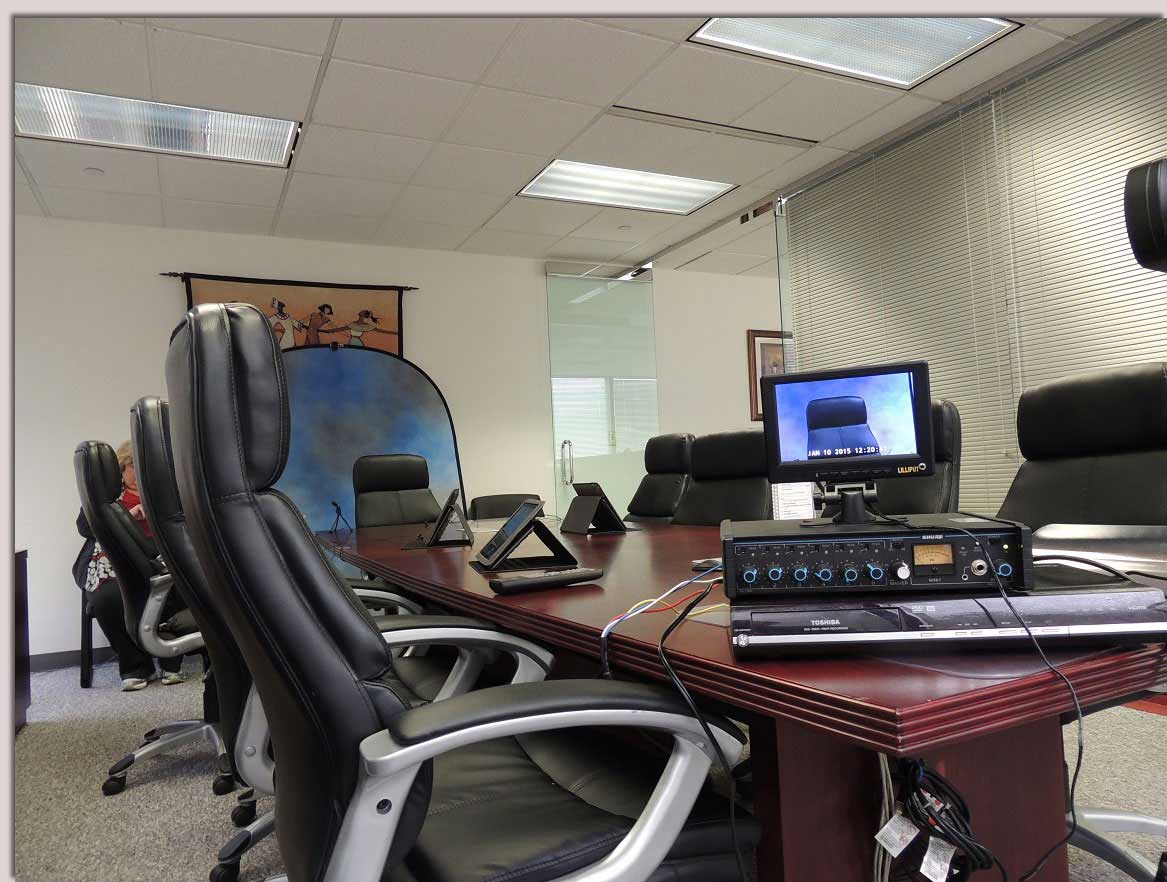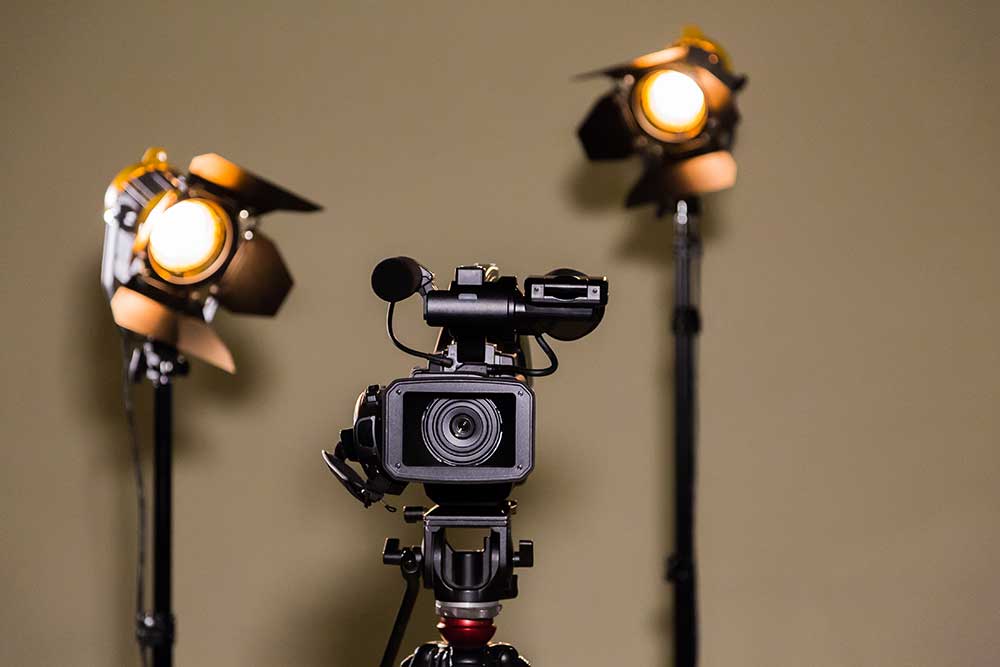Cost-Effective Legal Videography Solutions.
Cost-Effective Legal Videography Solutions.
Blog Article
The Duty of Lawful Videography in Depositions and Trials
Lawful videography has actually arised as an important device in both depositions and trials, giving a multifaceted technique to documenting witness testaments. As legal experts progressively recognize its value, it prompts a much deeper evaluation of exactly how these aesthetic documents can affect juror perceptions and trial outcomes.

Significance of Legal Videography
Lawful videography plays a pivotal function in the documents and discussion of depositions and tests. This specific field integrates technological abilities with lawful knowledge to develop a trustworthy record of process that can dramatically influence situation end results. The visual element of legal videography enhances the understanding of witness statement, allowing jurors and judges to observe not only the spoken words but additionally the demeanor, feelings, and body movement of the witnesses.
Furthermore, legal videography gives an unbiased account of events, lessening the potential for misinterpretation that can take place with written transcripts alone. This visual documents works as an important tool throughout test discussions, facilitating a clearer and even more persuasive narrative for both plaintiffs and offenders. The ability to replay video segments during court process enables lawful teams to highlight essential factors, enhancing their arguments efficiently.
The relevance of lawful videography extends past the courtroom; it likewise plays a vital role in preserving proof for future referral, whether for appeals or further lawsuit. Its assimilation into the legal procedure is necessary for guaranteeing a reasonable and precise depiction of the facts, eventually contributing to the quest of justice.

Refine of Legal Videography
While catching the nuances of depositions and tests, the process of lawful videography involves a number of essential actions that make sure high-quality, accurate recordings. An expert lawful videographer prepares by assessing the instance materials and recognizing the certain requirements of the deposition or trial. This preparation consists of acquainting themselves with the participants and the context, which aids in recording relevant details.
On the day of the recording, the videographer establishes the required equipment, which normally includes high-def video cameras, microphones, and correct lighting. Making certain ideal angles and audio high quality is critical, as it directly affects the effectiveness of the recording. The videographer interacts with lawyers and individuals to develop methods, making sure that everybody comprehends the recording procedure.
Throughout the deposition or trial, the videographer diligently videotapes the proceedings, paying attention to both spoken and non-verbal hints. This consists of recording the temperament and reactions of witnesses and lawyers. After the session wraps up, the videographer might modify the video footage for clarity and conformity with lawful requirements, producing an end product that read what he said properly reflects the process for future recommendation and usage in legal contexts.
Advantages in Depositions
The consolidation of videography in depositions supplies various advantages that boost the overall process of collecting proof. One primary advantage is the ability to record witness statements with aesthetic and auditory fidelity, supplying a much more accurate representation of the witness's behavior, tone, and body language. This multidimensional technique enables lawyers and juries to assess credibility better than typical written records alone.
In addition, videographed depositions act as a powerful device for protecting testament. Must a witness come to be inaccessible for test, their recorded deposition can be played in court, making certain that their proof stays accessible and relevant. This element significantly decreases the risk of shedding essential information that can influence case results.

Lastly, videography boosts the total professionalism and trust of the deposition procedure, instilling self-confidence in clients relating to the thoroughness of their legal depiction (legal videography). By leveraging modern technology, lawyers can substantially boost the efficiency of depositions
Influence On Tests
In lots of trials, the assimilation of videography can dramatically affect the presentation of evidence and the court's assumption. Lawful videography records witness testimonies and important proof in a vibrant format, enabling jurors to involve with the product on numerous degrees. This visual part enhances the storytelling facet of a pop over to these guys trial, providing context and psychological resonance that traditional text-based proof might do not have.
In addition, video recordings can act as effective tools for impeachment throughout interrogation. When disparities occur in between a witness's previous statements and their courtroom statement, video clip evidence offers an objective recommendation that can sway jurors' opinions. This immediacy and clearness can reinforce the credibility of a party's narrative while concurrently weakening opposing debates.

Future Trends in Legal Videography
As we look toward the future of lawful videography, a number of arising trends guarantee to reshape its role within the court room. One significant pattern is the assimilation of expert system (AI) in video evaluation and modifying. AI can streamline the procedure of identifying essential minutes in anchor taped depositions, permitting attorneys to rapidly access relevant web content, thus enhancing efficiency in instance prep work.
Furthermore, the rise of digital reality (VR) and boosted fact (AR) modern technologies is expected to transform how jurors experience evidence. legal videography. By immersing jurors in a simulated atmosphere, these modern technologies can provide a more profound understanding of complicated situations, causing more informed deliberations
In addition, the raising demand for remote depositions, accelerated by the COVID-19 pandemic, will likely proceed. Legal videographers will certainly require to adjust to brand-new software and systems to ensure top notch recordings in online setups.
Lastly, the expanding emphasis on data protection will demand more stringent protocols for storing and sharing video clip evidence. As the lawful landscape advances, legal videographers need to stay abreast of these patterns to preserve their importance and performance in the judicial process.
Final Thought
In recap, lawful videography serves a crucial function in the judicial process, boosting the integrity of depositions and trials. As innovation continues to progress, legal videography is poised to further transform its function within the legal landscape.
Report this page